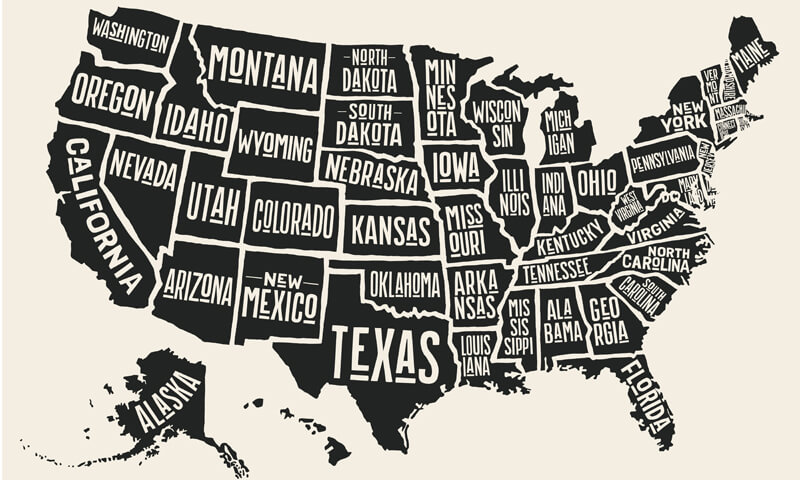Â
A Tennessee judge has been urged by the American Bar Association not to force the ABA to withdrawal its denial of accreditation of Lincoln Memorial University’s law school. The law school filed a lawsuit of antitrust last month.
The denial decision was made on December 20 by the ABA, which says that Duncan has not run out of ways to appeal the decision. The decision was made by the ABA’s Council of the Section of Legal Education and Admissions to the Bar. The ABA also states that Duncan cannot show that it will be harmed beyond repair by the denial because the school can apply for accreditation from the ABA.
The ABA, in its brief of response, said that the temporary restraining order request by the Duncan School of Law is “undeserved and unprecedented.” They also said that it should not be approved.
“There is a strong public interest in having those who look to the council’s evaluation of legal education — including current and prospective law students, faculty, state supreme courts and bar admission authorities, the U.S. Department of Education and the public — receive prompt and accurate information,” the response issued by the ABA explained. “Duncan’s requested restraint on truthful speech would harm this public interest.”
The response from the ABA also stated that if it was ordered to remove from its website the denial notice then truthful speech would be silenced. This is information that law students, both prospective and current, along with the public, need to know.
Instead of appealing the decision by the ABA, the law school has decided to file a lawsuit against the ABA. The school claims appealing would not work because of the “complete and utter disregard” by the Council of the ABA of all the data presented by the law school.
The Duncan School of Law is based in Knoxville, Tennessee. The ABA was sued by the school on December 22, 2011, claiming that the ABA practiced collusion with various law schools in order to restrain competition amongst other schools by denying accreditation for the school.
In the lawsuit, Duncan alleges that there were no fewer than eight schools that have scores for the LSAT that average lower than those that were accredited by the ABA. In the ABA response, the bar claims that Duncan has not been able to provide enough information to prove claims of antitrust.
There are almost 200 students enrolled at Duncan, which opened during the fall semester back in 2009 for students going to school part-time and then opened to full-time students last year. The reason issued for the ABA denial to Duncan was that LSAT average scores for students incoming was too low for those studying at the school to finish their law study and then be admitted to the ABA.
Michael L. Cioffi, of Blank Rome LLP 
Information researched from Finance Law.org.





































